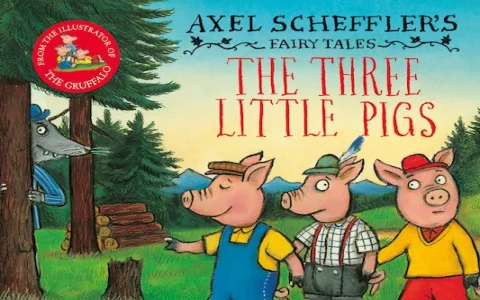Once upon a time, in a small town, there lived a young shepherd boy whom everyone called “Little Shepherd.” He was quiet by nature, yet whenever someone posed a question to him, he always answered with the simplest words that made people nod in agreement. Some said he was clever, others claimed he was just lucky, but no one truly knew what he was thinking.
One day, word reached the king’s ears: “That shepherd boy can answer anything!” The king didn’t believe it. “I am the ruler of this great nation. I will ask him three most difficult questions. If he truly answers them, I will adopt him as my son!”
So the Little Shepherd Boy was brought to the palace. In the splendid golden hall, surrounded by people dressed like figures from paintings, he stood in his tattered cloth clothes, mud still clinging to his feet.
The king began: “First question—how many drops of water are in the ocean?”
The shepherd boy remained unflustered. “Your Majesty,” he said, “first order all rivers in the world to be dammed, not a single drop allowed to flow into the sea. Once I’ve counted every drop in the ocean, then release the rivers. Only then will I give you my answer.”

The king froze. This wasn’t an answer—it was saying, “You can’t do it, so I can’t answer.”
Second question: “How many stars are in the sky?”
The young shepherd nodded, requesting a sheet of white paper and a pen. He lightly dotted thousands of tiny marks upon it—so small they resembled dust, so dense they looked like scattered salt. Then he declared: “The stars in the sky are as numerous as these dots. Why don’t you count them?“
The entire court crowded around, staring intently for ages. Some rubbed their eyes, others cried they were dizzy. No one could count them. Even the palace’s oldest astronomer shook his head: ”This… this is impossible to count.”
The third question: “How long is eternity?”
The shepherd boy smiled: “Far away, there is a Diamond Mountain, two miles high, two miles wide, two miles deep—larger than a hundred houses stacked together. Every hundred years, a little bird flies there and pecks a mouthful of the mountain. When it has pecked the entire mountain into sand, only then has ‘one second’ passed.”
The king remained silent for a long time. Finally, he stood up, patted the boy on the shoulder, and said, “You’re not clever; you understand human hearts.”
From that day on, the young shepherd lived in the palace—not because he was a genius, but because he never pretended to know everything.
1) The Truth Behind the Story
This isn’t a fairy tale about a “clever child outwitting the king,” but a story about “wisdom versus knowledge.”
The king’s questions tested “quantity of knowledge”: Can you name the number? Can you calculate it?
But the young shepherd’s answer declared: “These questions shouldn’t even be considered problems.”
He didn’t force an answer; instead, he used the impossibility of the situation to make the questions collapse on their own.
True wisdom isn’t memorizing answers; it’s daring to say: “This question is fundamentally flawed.”
2) What Lesson Does This Story Teach Us?
Don’t rush to find the standard answer. Sometimes, the best response is:
“Your question doesn’t even need an answer.”
In life, we’re often pressured to “have an answer”—exams, interviews, arguments, social media posts…
But truly mature people know when to pause and say: “Hold on, the question itself is flawed.”
Not every question deserves an answer, nor does every answer need to be polished.
Sometimes, silence is the wisest response.




